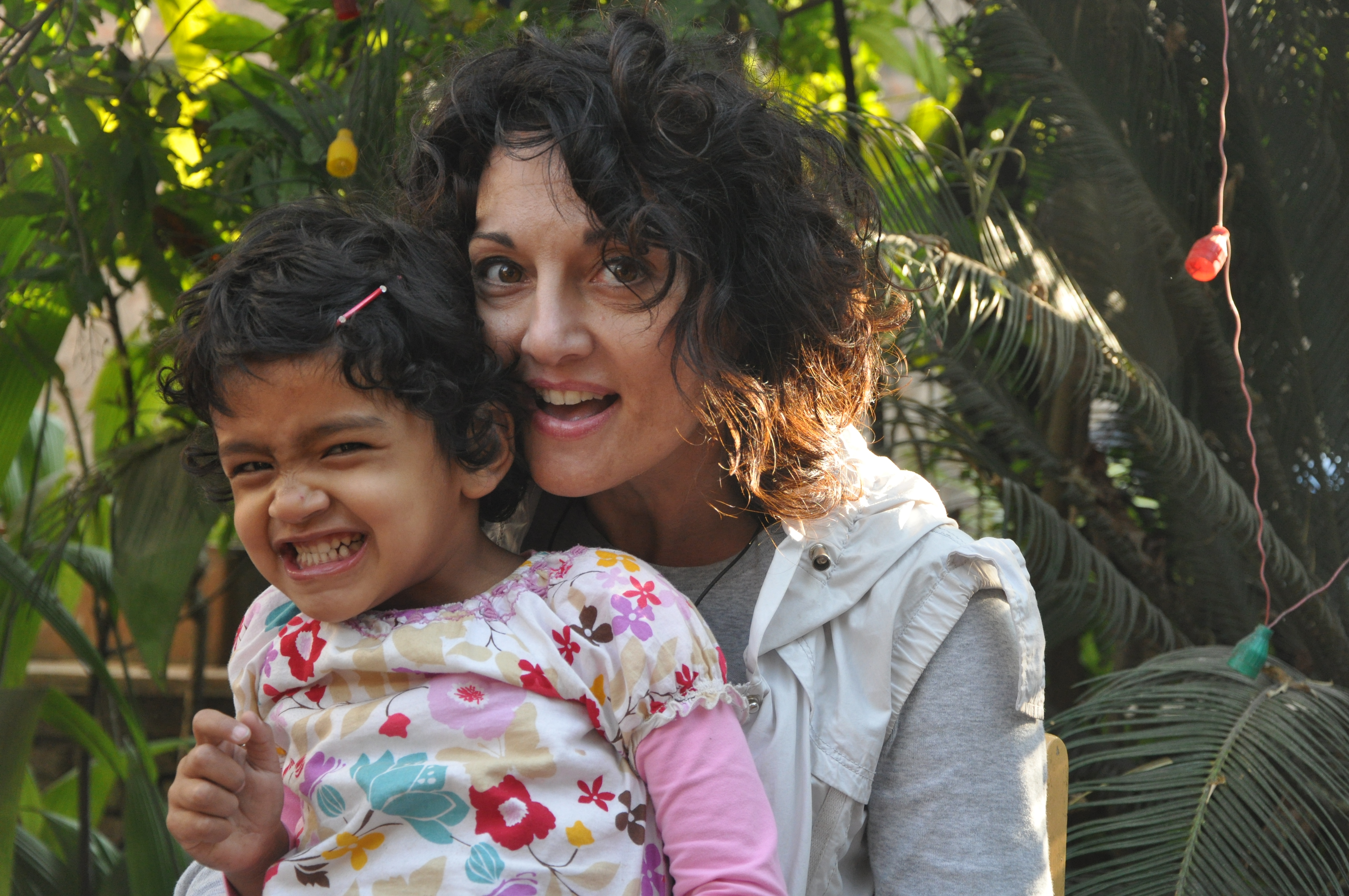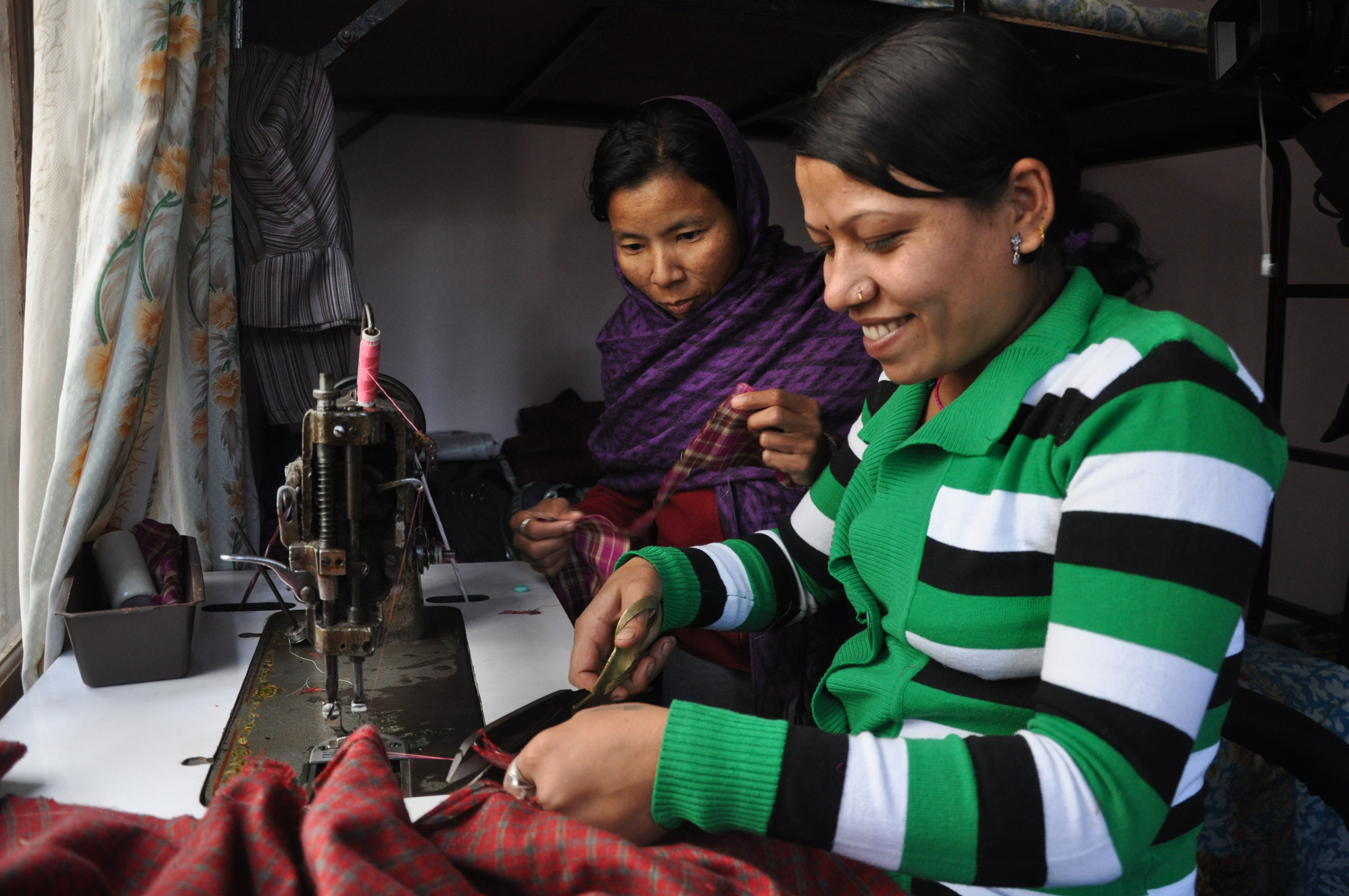
When Dee-Dee Milton decided she wanted to become a mother she turned to the world of adoption. But before looking for a child overseas, Milton's first step was to look for a child in need here in the United States.
"I didnt ask for a perfect little foster child who is an infant that had nothing happen to them. I tried to adopt a foster child, five or six years old, with moderate medical, emotional and social issues." Milton said. But as Milton would learn, trying to adopt domestically as a single woman in the US isn't so easy.
"I think that as a single woman…if you try to adopt domestically in this country you are in a pool of available parents for the birth mother to select from," she said. "Whether thats husband-wife, or whether thats partners–it doesnt matter, but there are two people, twice the love for the child, and this is typically what a pregnant woman wants, two parents to raise her child."
So, even though Milton is a perfect candidate to adopt legally, her shot at getting a child depends on the birth mother picking her. And Milton says she was told repeatedly by social workers that as a single woman her chances of having a birth mother choose her over a family with two parents (gay or straight) were close to none.
"So right from the outset I was told by different social workers that there would be a very minimal pool of available woman that would actually select me, which is another reason that a single woman would probably look for an international adoption program." Milton said.
That's when Milton turned to Nepal. One of the only countries that allows a single woman to adopt in her 40s. Soon she was matched to a special needs girl, Bina, who is now four.
"She was not in very good condition at all. She was severely malnourished, very underweight, and Bina was born with the birth defect of a cleft palate, that explains why she is also very sick and likely why she was abandoned," she said.
What Bina might grow up to learn about her home country is that for the families in extreme poverty, leaving their children in an orphanage for temporary shelter is sometimes the only way to survive.
Nearly half the population in Nepal is unemployed. And the country has been plagued with civil war and political turmoil over the last decade. According to the most recent figures from the World Bank, the average income in Nepal is less than $450 a year.
Recently, the US halted the Nepalese adoption program involving abandoned children because of evidence of corruption and fraud and also because it was no longer confident about the reliability of documentation being provided by the Nepalese government.
The State Department has urged the Nepalese government to implement stricter oversight over its adoption program. This has put the onus on adoptive parents to prove who the children they want to adopt are and where they came from.
It meant Dee Dee Milton had to hire a private detective and a team of lawyers to collect enough evidence on her daughter's past to prove to US officials that her daughter was a legitimate orphan. And with that proof, she received the golden ticket, a visa to finally bring her daughter home.
When Milton first adopted Bina she was told her child was non-verbal. She spoke few words, if at any at all.
Eight months later, the wide-eyed, cheery girl with head full of curly hair can be found sitting on Milton's lap excitedly screaming out the names of colors.
Though her speech might be a bit delayed for a four-year-old child, she is far from non-verbal.
Reflecting on the journey they have taken over the last few months, Milton says she knows that if Bina had been left behind in the orphanage, without having a chance to be adopted by a family, her future wouldn't have been very promising.
"Bina could have been trafficked and could definitely have been prostituted," said Milton.
"She could also be one of the children when you drive in the streets here that run up to your car and beg. They are not begging on their own, they are being pimped to beg and as soon as you give them something they run back and they have to give it to whoever is pimping them out to beg," adds Milton.
"Nepali girls are regularly trafficked to India here. So that's another path that Bina could be in," said Milton.
Of course, no one really knows what Bina's life could have been. But the smile on the four-year-old's face is proof enough that when international adoption does work out, it can be a pretty amazing experience.




